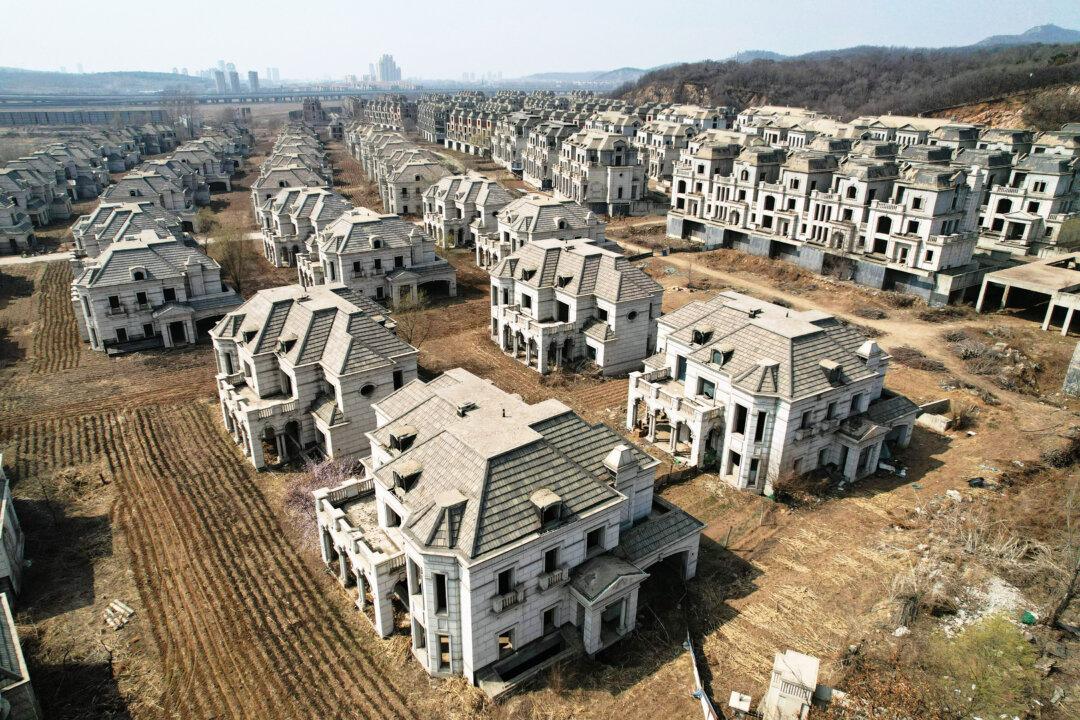Since the new year, several Japanese research institutes have released reports suggesting that the growth of China’s gross domestic product was around 5 percent in 2023 and will drop to 4 percent in 2024. U.S.-based Chinese economist Li Hengqing agrees that China’s economy will continue to decline, but he believes that China’s GDP statistics do not hold real meaning since, to begin with, they’ve been manipulated.
Mr. Li is a U.S.-certified public accountant who witnessed the Tiananmen Square Massacre in 1989 and was imprisoned by the Chinese Communist Party (CCP) for a year after he participated in the protests.




